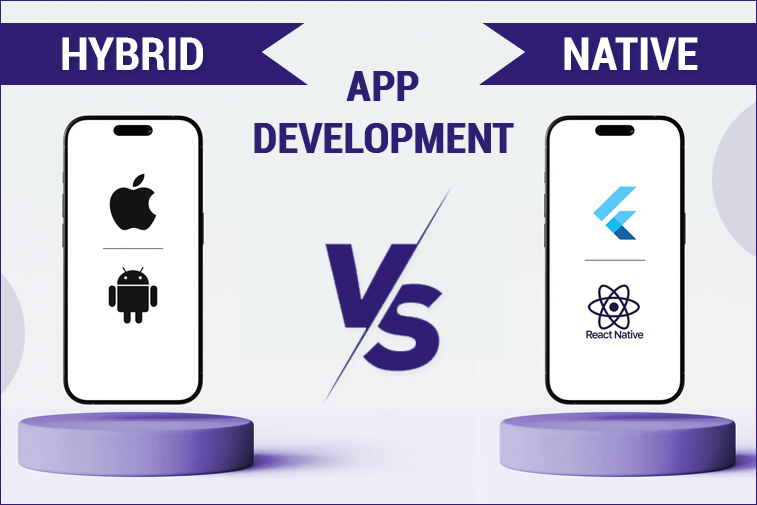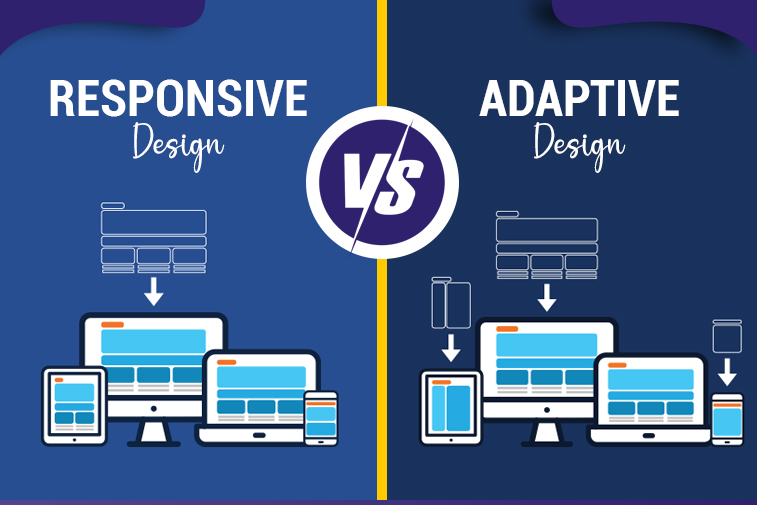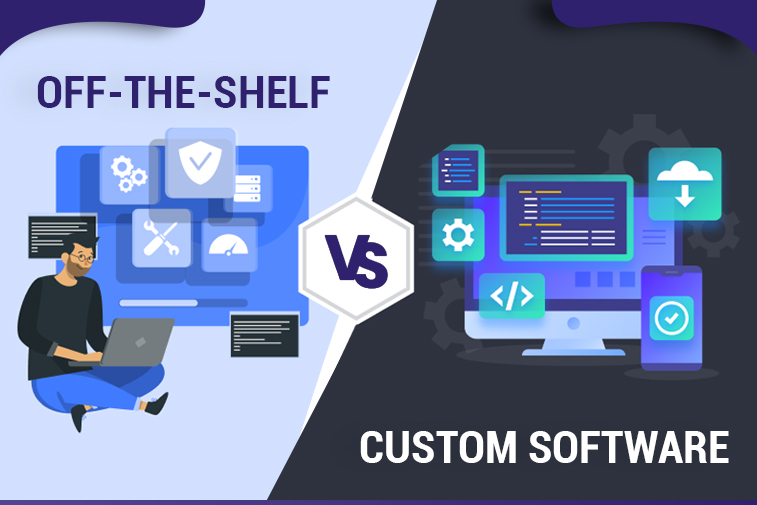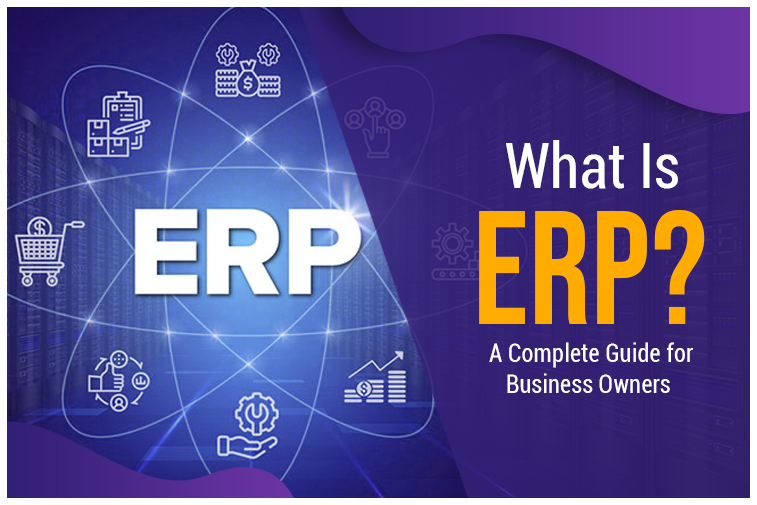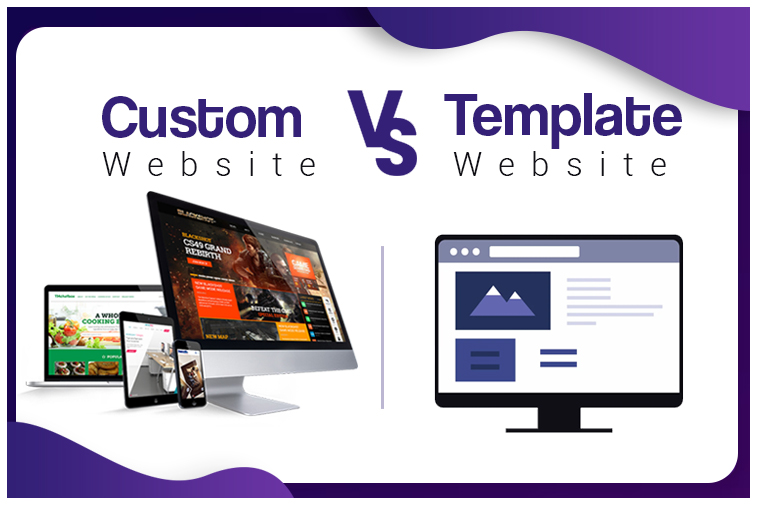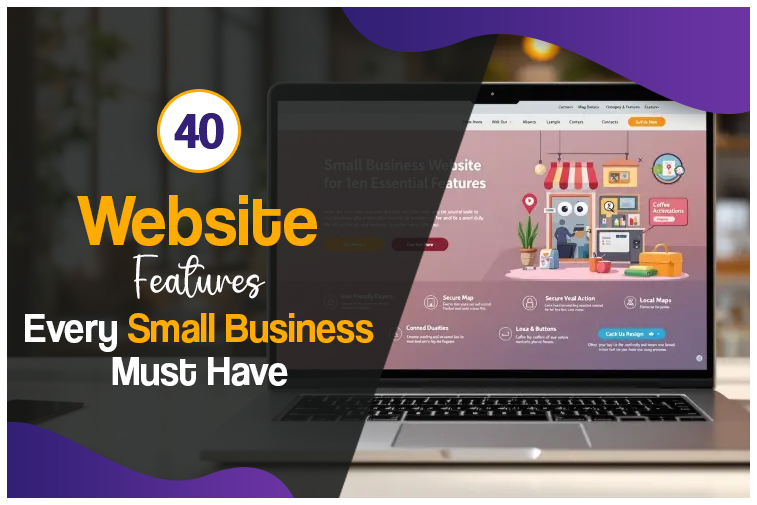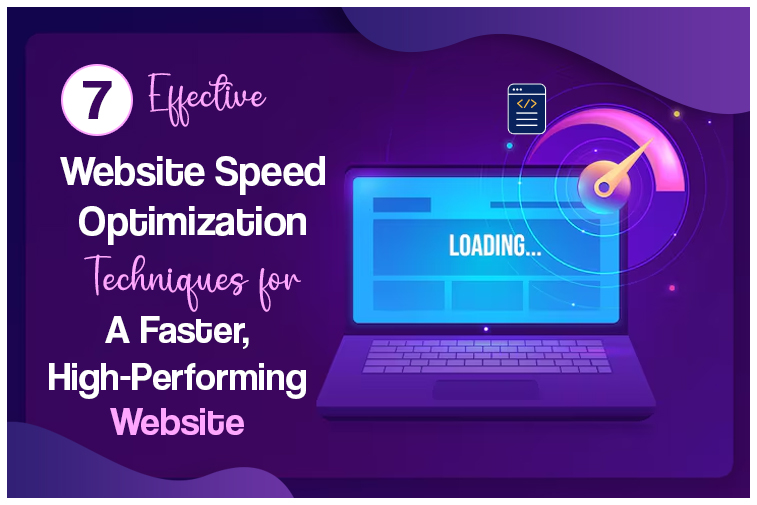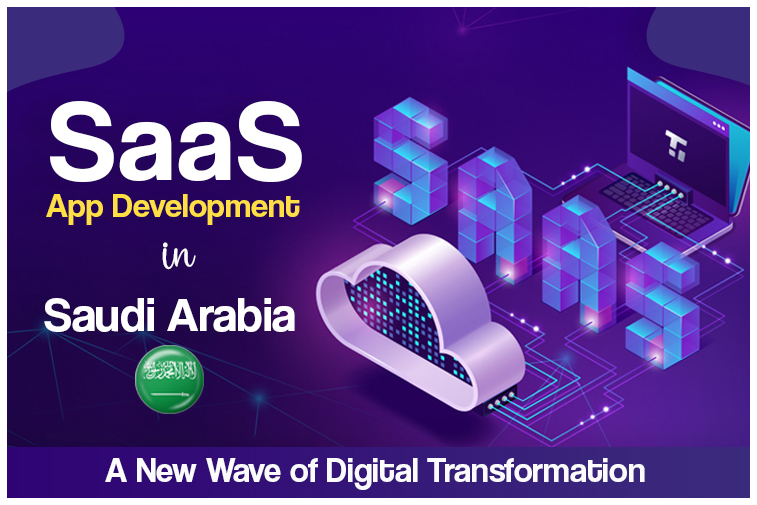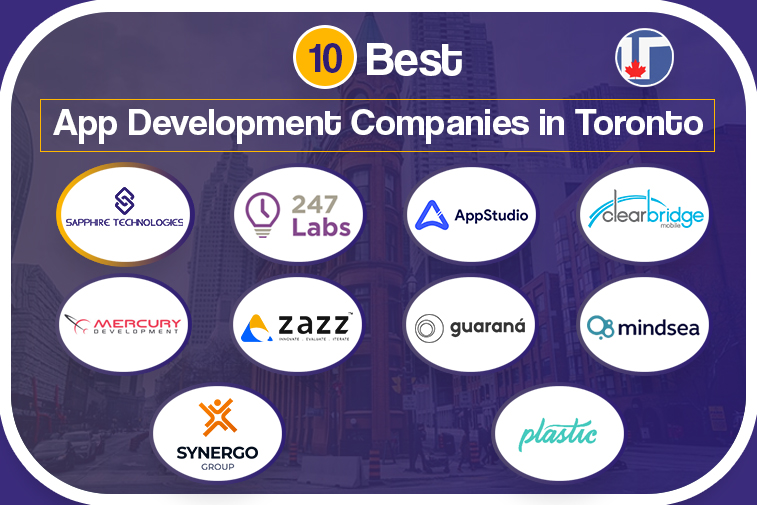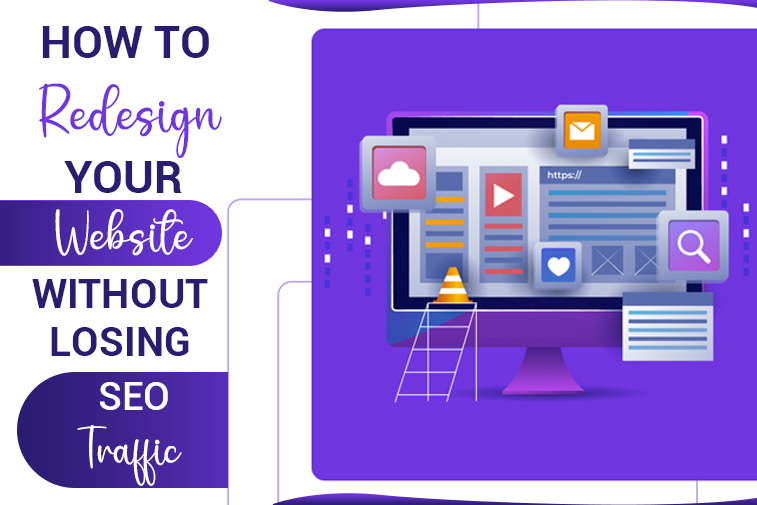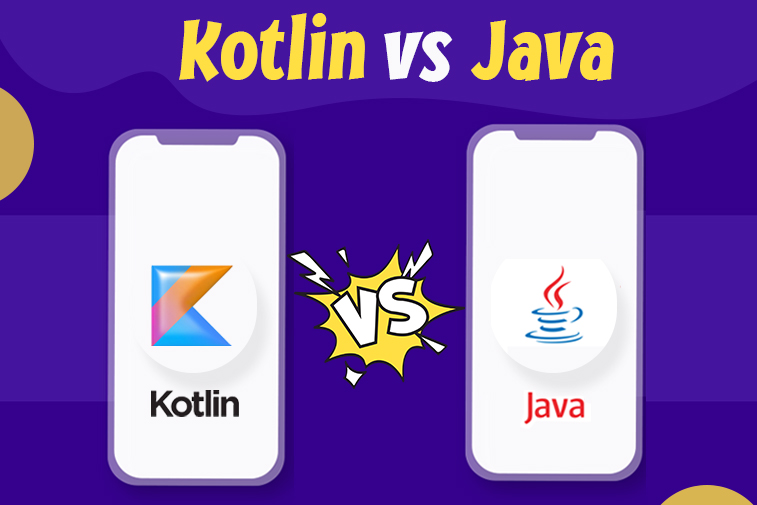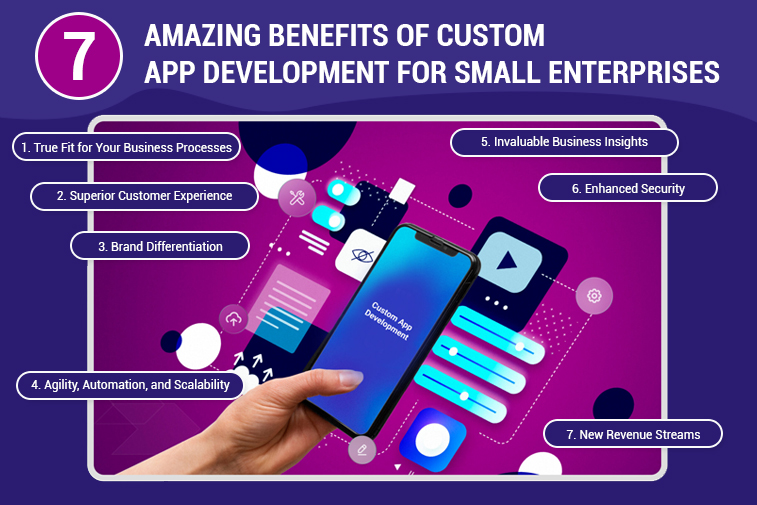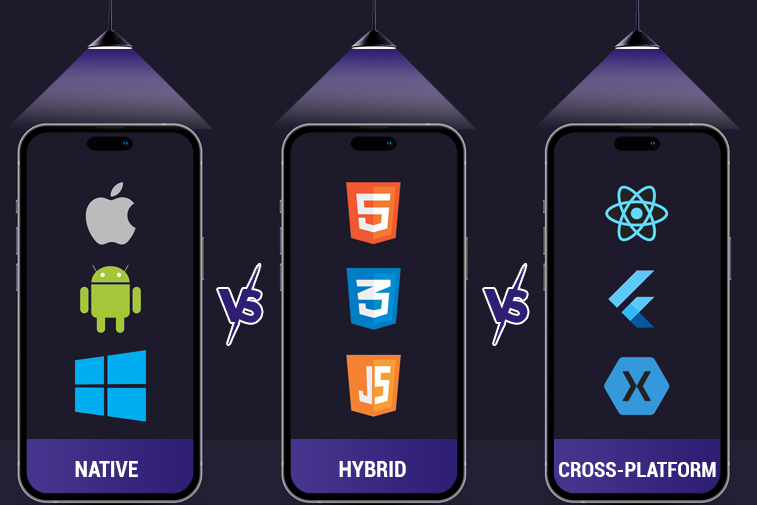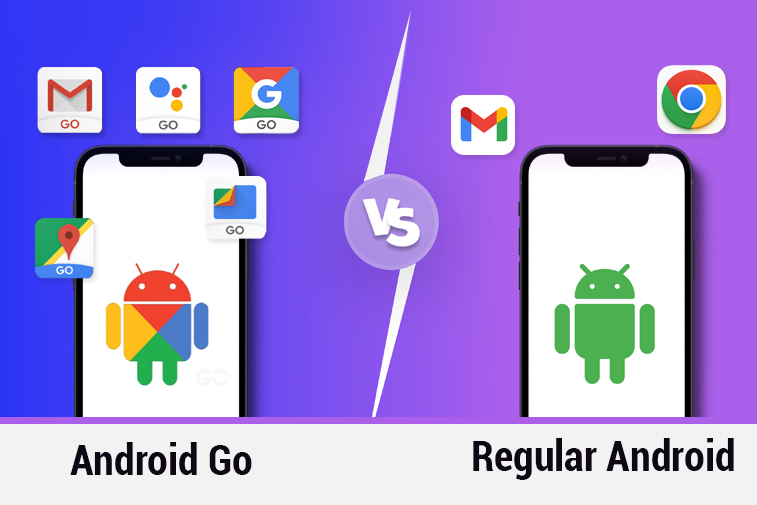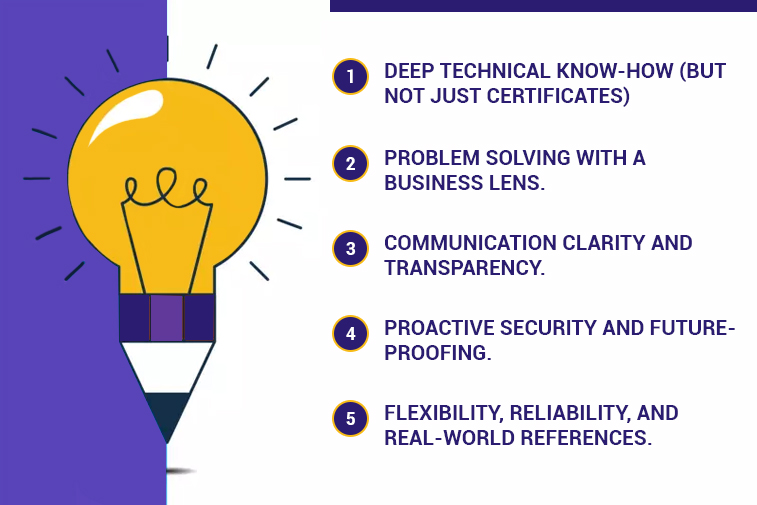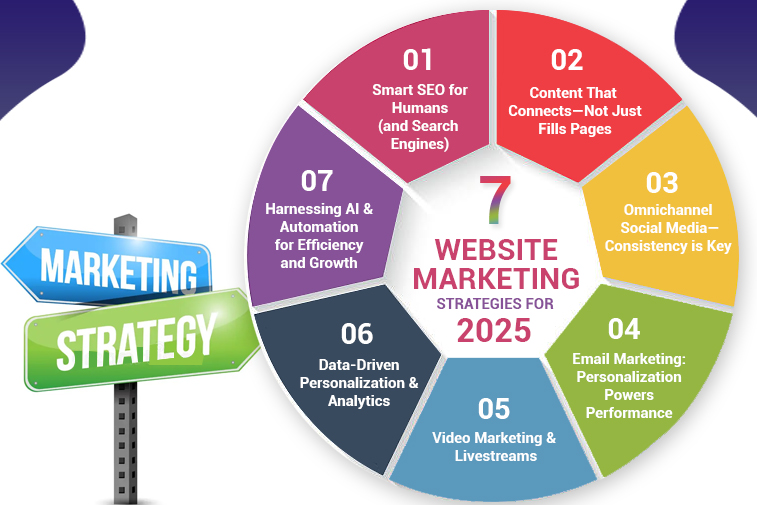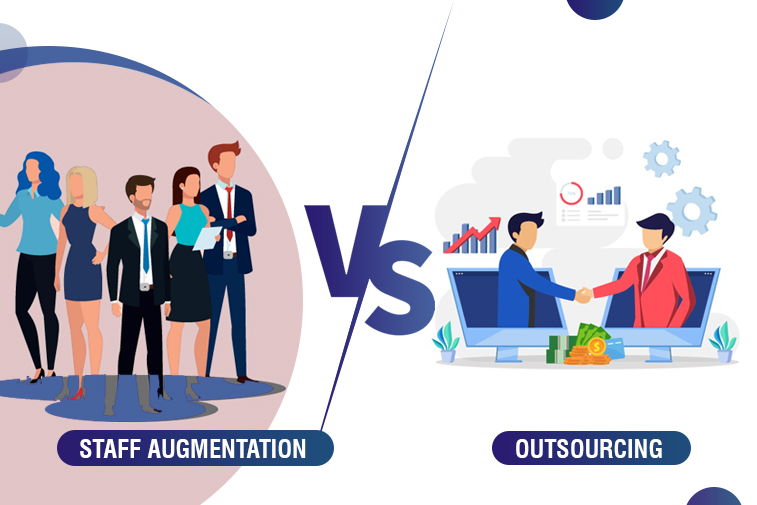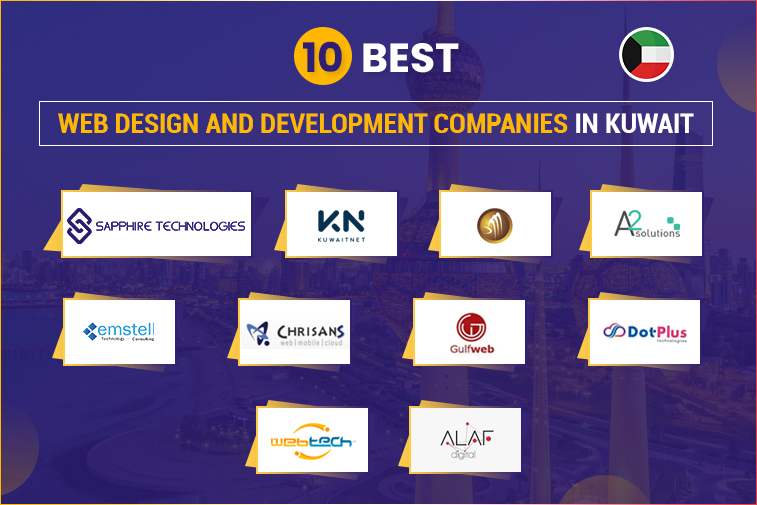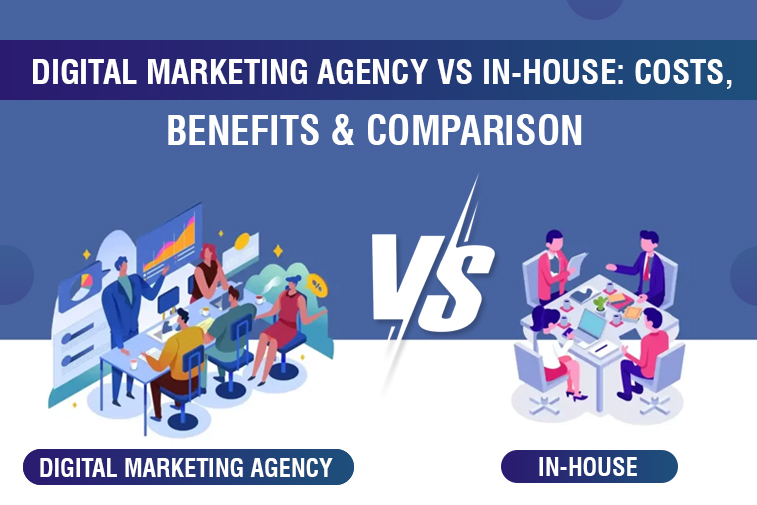Hybrid Vs Native App Development: Which is Better for You in 2025?
Mobile technology has transformed how businesses, consumers, and even organizations connect and deliver value. In 2025, the choices for building a mobile app are more sophisticated than ever, but one core question still stands out for every entrepreneur and IT leader: Hybrid vs Native App Development—which path suits your goals, audience, and resources? At Sapphire Technologies Pvt Ltd, we’ve seen first-hand how this choice shapes not just user experience, but long-term ROI and business agility.
Let’s break down everything—the differences, similarities, benefits, and trade-offs of Hybrid and Native App Development—so your next decision is an informed one.
Also Read: Web App Vs Website
Understanding the Basics: What Are Hybrid and Native Apps?
Before you commit budgets or briefs, it’s vital to get clear on what each approach truly means:
Native App Development
- Definition: A native app is built specifically for one platform (like iOS or Android) using languages and tools unique to that OS (Swift/Kotlin, Xcode, Android Studio).
- User Experience: Feels deeply integrated—think slick animations, instant responsiveness, seamless use of phone hardware (camera, GPS).
- Deployment: Available via the app store for the target platform.
- Examples: WhatsApp (iOS), Google Maps (Android), most high-performance games.
Hybrid App Development
- Definition: A hybrid app uses a single codebase (HTML5, CSS, JavaScript, and frameworks like React Native or Flutter) and is “wrapped” to run on multiple platforms.
- User Experience: Navigates like a native app, but core logic and visuals are shared across iOS, Android, and more.
- Deployment: Also available via app stores, often with slightly less “native” polish.
- Examples: Instagram, Uber Eats, Twitter, some enterprise apps.
Key Differences Between Hybrid and Native App Development
Knowing the distinctions isn’t just tech-speak; it directly shapes cost, user happiness, and ongoing scalability.
|
Feature |
Native App Development |
Hybrid App Development |
|
Performance |
Direct hardware access, best possible speed and UX |
Nearly as fast now, but can lag in graphics-heavy tasks |
|
Development Time |
Needs separate builds for iOS & Android, longer timeline |
Single codebase, quicker time to launch across multiple platforms |
|
Cost |
Expensive—double codebase and maintenance |
More budget-friendly, one team can handle both iOS & Android |
|
Platform Integration |
Deep access to all sensors, platform-specific features |
Good access, but sometimes limited by plugins or API compatibility |
|
Design & User Experience |
“Feels” native—matches device patterns perfectly |
Mimics native UI, but nuances may differ across platforms |
|
Updates & Maintenance |
Must update each codebase separately |
Update once; changes reflect on all supported platforms |
|
Security |
Best-in-class, leverages OS-level sandboxes |
Secure, but may need extra diligence due to tech stack differences |
|
Offline Support |
Excellent (especially for core features like maps, storage) |
Possible, but more challenging for advanced offline use-cases |
|
Long-Term Scalability |
Ideal for apps planning to scale or evolve rapidly with new device features |
Great for MVPs, pilot projects, broad launches; may refactor later |
Similarities Between Hybrid and Native App Development
Despite the tech specifics, these approaches often deliver similar end results for many everyday business needs:
- App Store deployment: Both can appear on Google Play and Apple App Store, supporting regular updates, monetization, and discoverability.
- Push Notifications: Both offer robust push notification support with the right native plugins.
- Access to Camera, GPS, Sensors: Most hybrid frameworks now support these via unified APIs.
- Branding: Both can deliver a fully branded, custom look—user design flexibility is strong on each path.
- Security Commitment: Secure coding, authentication, and encrypted data storage are priorities for both methods, though implementation differs.
Also read: Agile vs. Waterfall Software Development Methodology
Hybrid App Development: Advantages in 2025
Why do so many fast-growth brands (including major names) opt for hybrid development?
Cost-Effective for Multi-Platform Reach
Writing one codebase and publishing to iOS, Android, and even web cuts staffing, infrastructure, and maintenance expenses dramatically.
Lightning Fast Launches
Need to launch ASAP? Hybrid lets you test, iterate, and deploy across platforms in weeks, not months—essential for MVPs, pilot projects, or meeting urgent market demands.
Easier Maintenance
Bug fixes, feature rollouts, and updates push out to all users with less fuss—crucial when you want to improve or patch quickly.
Good Device Feature Access
Modern frameworks like React Native and Flutter access most phone hardware. For most business apps, you’ll see little meaningful limitation.
Ideal for Content-Driven & Service Apps
Hybrids are particularly powerful for apps focused on content delivery, e-commerce, internal portals, or “utility” functions where pixel-perfect performance is less vital.
Native App Development: Advantages in 2025
When do the added costs and time of native development pay off? Typically, in these scenarios:
Peak Performance & Top-Tier User Experience
Native apps shine for speed and smoothness—there’s no translation layer between code and phone, so everything is instant. High-performance gaming, streaming, and graphic-intense apps demand this.
Deep Integration and Platform-First Features
If your app leverages cutting-edge device capabilities (AR, VR, biometric authentication, advanced camera features), only native can keep up.
Greater Security
Native code leverages all OS security features directly. It’s the top choice for regulated industries (healthcare, finance, government).
Offline Functionality
For travel, fieldwork, or critical offline features, native handles complex data and syncing more reliably.
Trust and App Store Compliance
Apple and Google often showcase or prioritize native apps for quality and compliance, leading to better discoverability for polished products.
When to Choose Hybrid App Development
- You’re launching a Minimum Viable Product (MVP) to test an idea quickly and affordably.
- You want maximum reach without a giant IT budget.
- Your core features are similar across platforms (not requiring heavy custom integrations).
- You need to iterate and update often, without juggling multiple source codes.
- Brand consistency matters more than fitting every platform-specific detail.
When to Choose Native App Development
- Your app is the “core” of your business, requiring superior performance and flawless user experience.
- You’re building games, media-rich experiences, or apps needing high-speed and advanced graphics.
- Platform-specific features are critical (e.g., wearable integration, advanced sensor use, complex background processing).
- Offline reliability and top security are non-negotiable (think fintech, medical apps).
- You plan for long-term scaling and want to take advantage of every new OS capability.
The 2025 Reality: Blurring the Line
In the past, the gap between hybrid and native could be stark. But with frameworks like Flutter and React Native, plus advances in hardware and internet speed, many businesses find hybrid “good enough”—even excellent—for a broad range of apps. Still, high-demand apps (and consumers who notice performance nuances) continue to see major value in native.
Making the Choice: Smart Steps
- List your must-have features. Be honest about what’s “nice” versus truly essential.
- Factor in time and budget. Prioritize what matters most: launch speed, quality, security, or reach.
- Map your growth. Hybrid is great for quick pivots and wide launches; native is best when evolutions or platform enhancements are core to your product.
- Evaluate your team’s expertise. The best app is the one your team can confidently build and maintain.
- Think about future users. Will they care about platform-specific UI, or will consistency across devices win trust?
FAQs: Hybrid Vs Native App Development
Q1: What’s the main technical difference between hybrid and native app development?
Native apps use platform-specific languages and tools for iOS or Android, offering maximum performance and integration. Hybrid apps use web technologies within a native “shell,” enabling the same code to run on multiple platforms.
Q2: Will users notice if I choose hybrid app development?
It depends! For most business, lifestyle, and productivity apps, modern hybrid frameworks offer slick experience. Power users and gamers may notice subtle lag or lower fidelity.
Q3: Can hybrid apps access all device features?
Most, yes—thanks to evolving plugin libraries and APIs. But the latest device features may arrive on native platforms first.
Q4: Are hybrid apps always faster and cheaper to build?
They are typically more cost-effective and faster to launch—especially for simple, multi-platform apps. Complex, performance-heavy apps may erase this cost benefit due to extensive custom work.
Q5: Should I choose hybrid or native app development for the future?
Let your use case decide. If you need broad reach, fast iteration, and budget savings—go hybrid. If flawless experience, security, and bleeding-edge tech are essential—native is worth the investment.
In Summary
There’s no single answer in the Hybrid Vs Native App Development debate. It’s about context: your goals, users, budget, and long-term vision. At Sapphire Technologies, our role is to help you weigh the real-world pros and cons, then build an app you (and your customers) love—no matter which path you choose.
Ready to create a mobile experience that fits your unique business? Connect with Sapphire Technologies for honest advice and future-proof app development.

 Saudi
Saudi Dubai
Dubai Kuwait
Kuwait Toronto
Toronto London, UK
London, UK India
India
